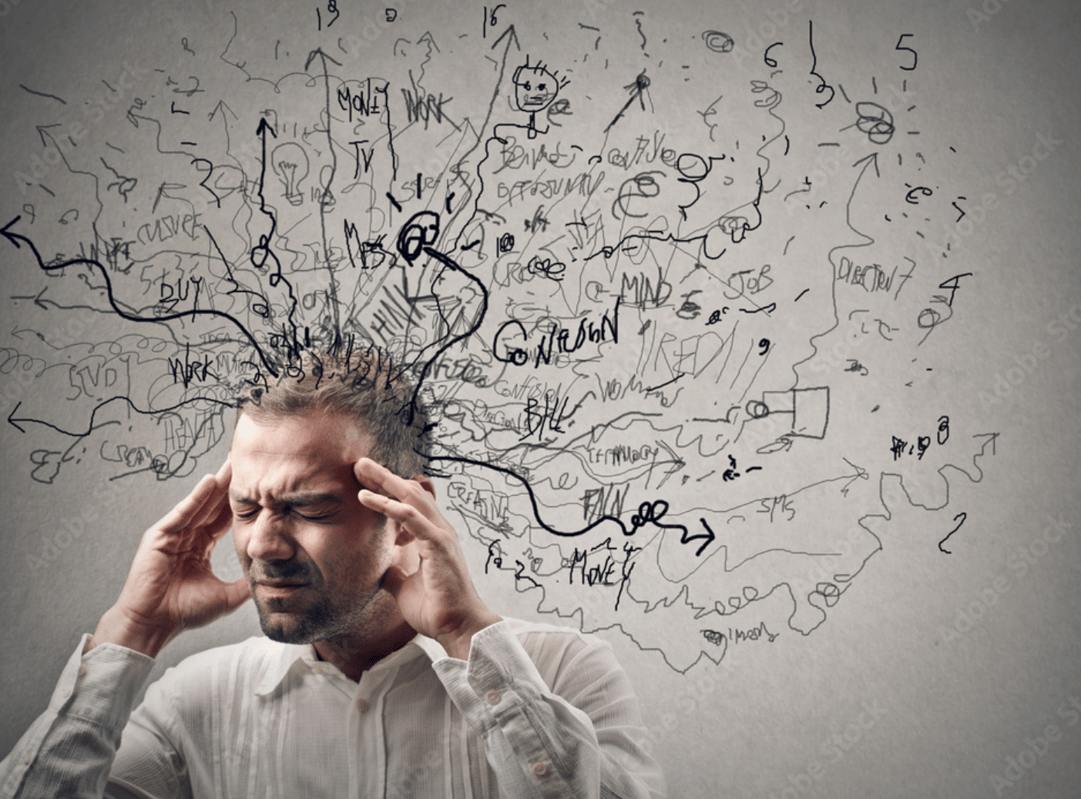What Is Moral Distress and What Can I Do About It?
By AccentCare
Moral Distress is "when one knows the right thing to do, but institutional constraints make it nearly impossible to pursue the right course of action”.
[1] Moral Distress varies from person to person and what triggers one, may not trigger another.
Here are some examples on Moral Distress:
- A patient in the hospital is in severe pain and the attending physician refuses to increase their pain medication due to a history of addiction. As the caregiver for this patient, it pains you to watch this patient suffer.
- You are a nurse working in an ICU where the staffing ratio is 1:4. For the last 6 months, the ratio has been closer to 1:8 due to staffing shortages. You fear that it is only a matter of time before a life-or-death mistake is made.
- You are the social worker for an unresponsive patient who has an Advanced Directive (Living Will) stating that they do not want heroic measures in the event of a terminal illness or end-stage condition. This patient’s children who are the Health Care Proxy’s wish to keep their mother as a Full Code and want a ventilator and tube feeding for their mother. The physician states that they cannot say for certain that the patient’s condition is terminal and signs off on the Full Code order.
Each of these cases are unique and the outcomes are dependent on the variables at play. In the first example, getting the Palliative team involved with this patient or consulting an Ethics Committee could help you seek relief for your patient. In the second example, seek the support and guidance of your supervisor. Make sure that you are voicing your genuine concern. In the third case, an Ethics consult is warranted in this case and potentially a referral to the Palliative or Hospice team.
How do I know if I am experiencing Moral Distress?
The biggest indicator that we are facing Moral Distress is that gut feeling or internal tug that you have when thinking about or discussing a situation. Moral Distress can cause emotional turmoil, anxiety and even physical symptoms like gastrointestinal distress, insomnia and headaches.
What can I do if I am experiencing Moral Distress?
The first step when you think you may be experiencing Moral Distress is to acknowledge it! Make sure that your supervisor(s) are aware of it as well. If you feel that the wrong decision is being made for a patient, consult with your organization’s Ethics Committee or Ethicist. These committee’s or individuals are trained to evaluate these types of situations and reach a decision about what the best course of action should be. Most healthcare disciplines have some sort of Code of Ethics; make yourself familiar with yours and use it as a guide in these situations.
Lastly, it is strongly recommended that you seek supervision or guidance from a like discipline who can provide support. Most organizations have an Employee Assistance Program that can offer counseling when you are feeling this internal tug.
[1] Morley, G., Ives, J., Bradbury-Jones, C., & Irvine, F. (2019). What is 'moral distress'? A narrative synthesis of the literature. Nursing ethics, 26(3), 646–662. https://doi.org/10.1177/0969733017724354